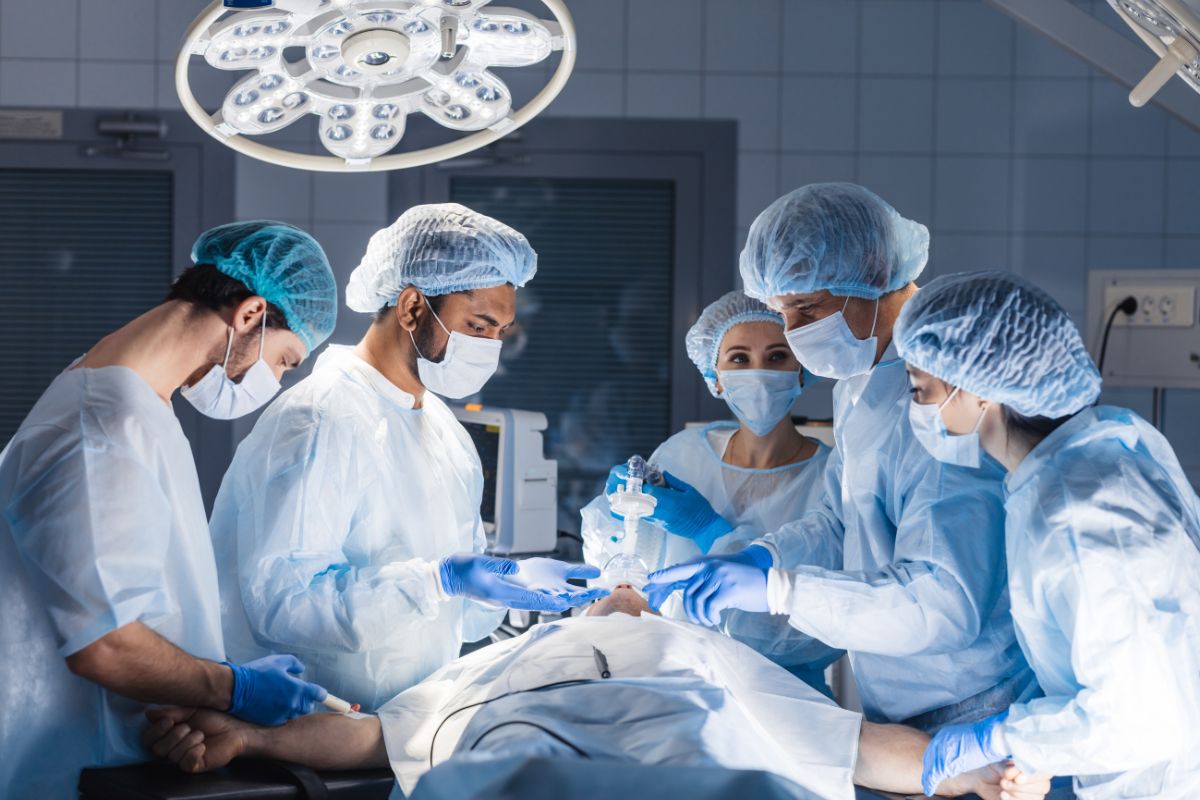The surgery to remove pilonidal cyst you should realize that problems can emerge. Most patients recover better without any major issues however some may have complications. It is really important to know about these hazards and how to deal with them to have a smooth recovery. We at Pilonidal Expert want to give you the most up to date and accurate information on how to avoid and deal with problems that can happen after surgery.
Common Complications After Pilonidal Surgery
Some people may have problems after having surgery to remove a pilonidal cyst. These could be infection problems with healing wounds or the cyst coming back. Infection after surgery is common. You must follow your doctor’s treatment advice to avoid illness.
- Infection: The operation site is red swollen or has pus
- Delayed healing: The wound may take longer to heal especially if it is a big cyst
- Recurrence: After surgery pilonidal cysts may recur
- Pain: Ongoing pain in the place where the surgery was done
Wound opening: If the surgical site is not taken care of properly, it could open up again.
Some people take a long time to recover from their wounds. The surgical site may stay open for a longer time especially if a big cyst was taken out. This isn’t unusual, but taking care of it and keeping the region clean can assist. Some people may also have the cyst come back. Taking care to keep clean and avoid irritation may lower the chance of the cyst coming back although it is not certain.
Managing Post-Surgery Complications
Following your pilonidal cysts that you need to know to treat It right exactly is very important after surgery. For healing to occur properly, the first several weeks are crucial. You may be instructed to maintain a dry and clean environment. While avoiding prolonged sitting as this may increase pressure on the area and cause it to take longer to heal. You should monitor the area for any indications of infection and change the dressings often.
Discuss doctor for pilonidal cyst if you have chronic pain and swelling. You may be prescribed antibiotics or an ointment to aid healing. Also avoid tight clothing that can rub the operative site. Follow these tips to heal faster and have fewer issues.
- Pay close attention to what your doctor tells you to do
- To avoid infection keep the wound clean and dry
- Follow the instructions for changing dressings
- To lessen the pressure on the wound do not sit for long periods
- If the pain or swelling does not go away go to your pilonidal cyst doctor for more help
Some people may be unable to exercise for weeks after surgery. It is challenging but your body needs rest to repair. Pushing yourself too hard may cause setbacks that slow recuperation.
How to Poop After Pilonidal Cyst Surgery?
After surgery for a pilonidal cyst it can be challenging to control your bowel movements since the area around the operation site hurts. When you sit, put a pillow behind your back to reduce the pressure. To keep your stools soft drink a lot of water and eat foods high in fiber. Don’t hurry and do not make things too hard on yourself. What doctor treats pilonidal cyst? A pilonidal cyst specialist can provide you with personalized guidance on how to ease this part of your recuperation.
A lot of people who have had pilonidal cyst surgery want to know how to use the bathroom afterward. After surgery the tissue between the anus and tailbone may ache. They can find it hard to use the bathroom if they have to sit for a long time. The following tips may help:
- Put a cushion under you: Sitting on a cushion or soft pillow will help ease the pain where the surgery was done.
- Do not rush when you go to the bathroom: Also sit down and relax when you go to the bathroom to avoid injury.
- Stay hydrated: Drinking water keeps feces soft making bathroom trips easier and less uncomfortable.
- Fiber rich foods help you make it to the restroom daily: Eat fruits or veggies daily and whole grains.
- Consult your doctor about stool: softeners if you have trouble going to the restroom.
If you have any stress and pain while going to the bathroom you should talk to your doctor. They will be able to provide you with specific advice on how to deal with this portion of your rehabilitation.
Conclusion
The pilonidal cyst surgery frequently results in complications but with proper care most can be avoided. Following your instructions reduces infections and accelerates wound healing. While using the restroom be careful not to put undue tension on the surgical site. To receive specialist treatments, discuss your concerns with your doctor concerning challenges or recovery. While people receive the right care they typically recover and experience no issues.
Tags: Pilonidal Cystpilonidal cyst doctorsurgery

